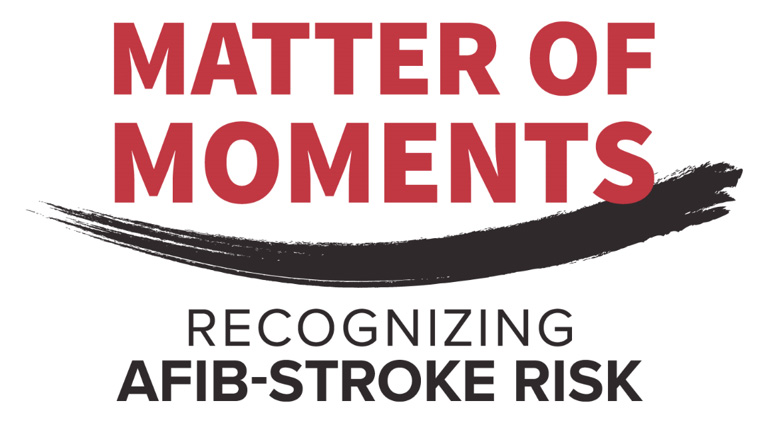
AFib can lead to blood clots and even stroke, among other complications. For patients, particularly aged 65 and older with conditions including (but not limited to) diabetes, high blood pressure, coronary artery disease, or other heart conditions, it’s important to understand the potential signs of AFib and to talk with their doctor about any concerning symptoms.
Dr. David McManus is a cardiologist at UMass Memorial Medical Center. He recalls when his father, Floyd, underwent cataract surgery – a common operation for older patients. His anesthesiologist had his eye trained on his vitals and noticed an irregular heart rhythm. This helped to play a key role in identifying a serious condition for Floyd – AFib.
Typically, an anesthesiologist’s intervention isn’t and shouldn’t be necessary to find AFib. Ideally, it would be detected during a routine primary-care checkup. Floyd's case points to one of the complexities of AFib. Both AFib and its symptoms can be intermittent, which can make identifying it during a routine exam difficult. Some symptoms of AFib include heart palpitations, pain and pressure in the chest, fatigue, shortness of breath, lightheadedness, dizziness, and rapid or pounding pulse.



